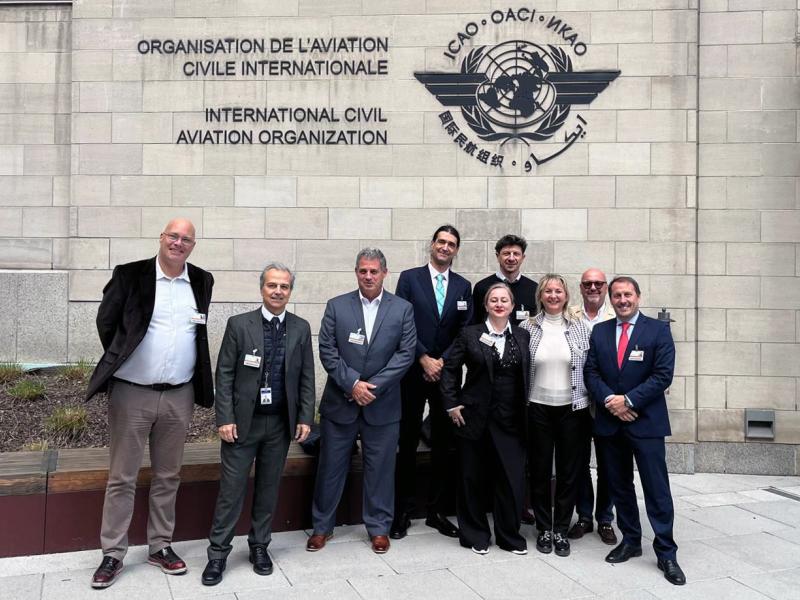A governmental delegation from the Philippines expressed their pleasure towards hosting this workshop. Thereafter, Panamanian delegation conveyed their willingness to host the future Latin American regional workshop.
ITF Rep to the IMO, Branko Berlan, said, “Recognising a great deal of interests at the IMO, the ITF is optimistic in regards to the prospective improvement of seafarer’ fair treatment. These workshops are deemed to be the milestones for upgrading seafarers’ welfare and rights in the future.”
The unfair treatment of seafarers is a prominent problem within the maritime sector, that must be tackled by the introduction of robust legislative structures. The international Transport Workers’ Federation (ITF) is actively working with member states and member organisations of the International Maritime Organization (IMO), as well as the IMO secretariat.
In light of these endeavours, the IMO and the International Labour Organization (ILO) have adopted the ‘Assembly Resolution 987(24) Guidelines on fair treatment of seafarers in the event of a maritime accident on 1 December 2005’. Further, in order to ensure effective implementation and enforcement of the national laws, the IMO adopted ‘Assembly Resolution 1056(27) Promotion as widely as possible of the application of the 2006 guidelines on fair treatment of seafarers in the event of a maritime accident on 30 November 2011.’
However, seafarers’ criminalisation cases have been reported continuously. In addition to developing ‘ITF criminalisation toolkit’ to tackle this issue, the ITF with Seafarers Rights International (SRI) have advocated the importance of this matter to member States and member Organisations at the 104th session of the Legal Committee in 2017.
The IMO organised a one-day workshop on fair treatment of seafarers on 23 June 2017 to echo the urgency for more pragmatic resolution measures. Therefore, this initial regional workshop is going to show an important example for fostering a robust legislative enforcement to the governments and organisations. Further outcomes from the upcoming workshops will be published.



